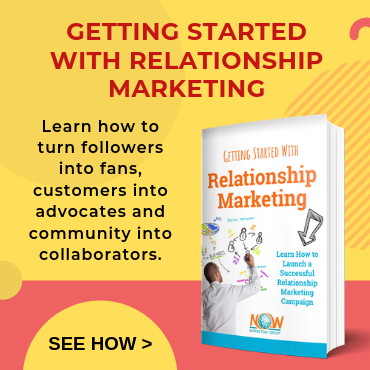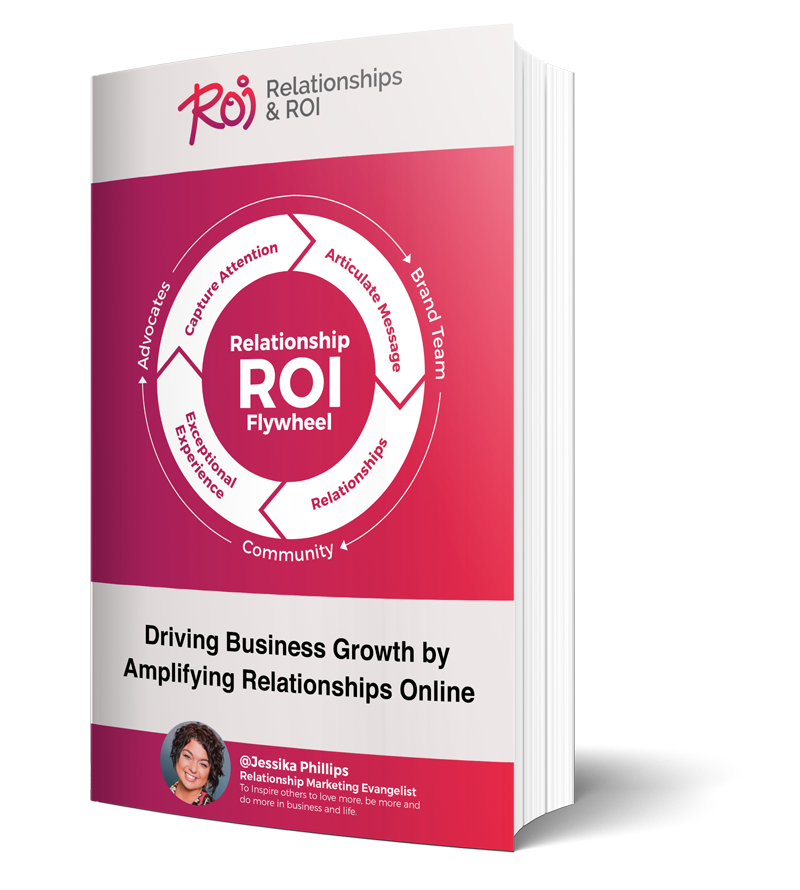When it comes to local marketing it all comes down to search engine optimization.
SEO is how you make sure people are able to look you up and learn more about who and what your business is. We’re going to look at some of the ways you can improve your SEO so you can become a master of SEO practices.
The first thing you’ll want to do is to give your website a SEO audit to see where your website is at right now. The audit will help you find duplicate or incorrect listings. Although it’s super easy to go into different directories and add your business, it might be counterintuitive. The problem with online directories is that when you have multiply listings it actually works against in SEO. What you can do alternatively is to make one listing, claim it as your own, and verify it.
It’s crucial that demolish duplicate listings! It is the greatest threat to your SEO campaign.
You can do this by using tools like Yext, which allows you to create one listing which will be placed onto hundreds of online directories. It also helps you keep track of if you have accidental duplicate listings, because it’s not always obvious when it happens.
The main problem is that there are 100’s of online directories out that. There are 183 just in NOW’s local market. What Yext allows you to do is to put up the correct listing throughout all of those online directories. It even lets you customize your listing with options like listing services or adding videos. It also makes sure that throughout those directories you have the right address and contact information. Just make sure you monitor it so everything continues to be accurate!
You also need to claim your social pages and verify your business so people can easily find you and check-in when they visit your location. The more that you’re posting relevant and consistent content, the more you are popping up on people's feeds.
The next step is to get your website in order. You have take into consideration how Google sees your site and how it’s organized. How the words appear is easy to change, but you need to sort out title tags. You need to let Google know what your site is about and where you are at. For example a restaurant may need title tags that say, “Huge steaks in Columbus, Ohio,” to make sure those Google bots know what you’re doing with your website.
In other words, you need to make sure your search engine results are saying what you really want them to. Essentially, it’s telling Google where to file your website. That’s how it knows when to list your page during a search.
Your web page content is also really important. You’ll need about 400 words of unique (not copied!) content to show that it is relevant. More is better in this case, and your content should be including the city and state in which your business is located.
This is important stuff. About 44 percent of online shoppers begin by using a search engine (Interconnected World: Shopping and Personal Finance, 2012), and if they aren’t able to find your business they’ll probably go somewhere else. If you don’t feel confident, we recommend that you find and internet marketer or someone experienced in SEO practices to help you out. Or use a tool like Google Adwords so you know which keywords people are looking for.




Comments